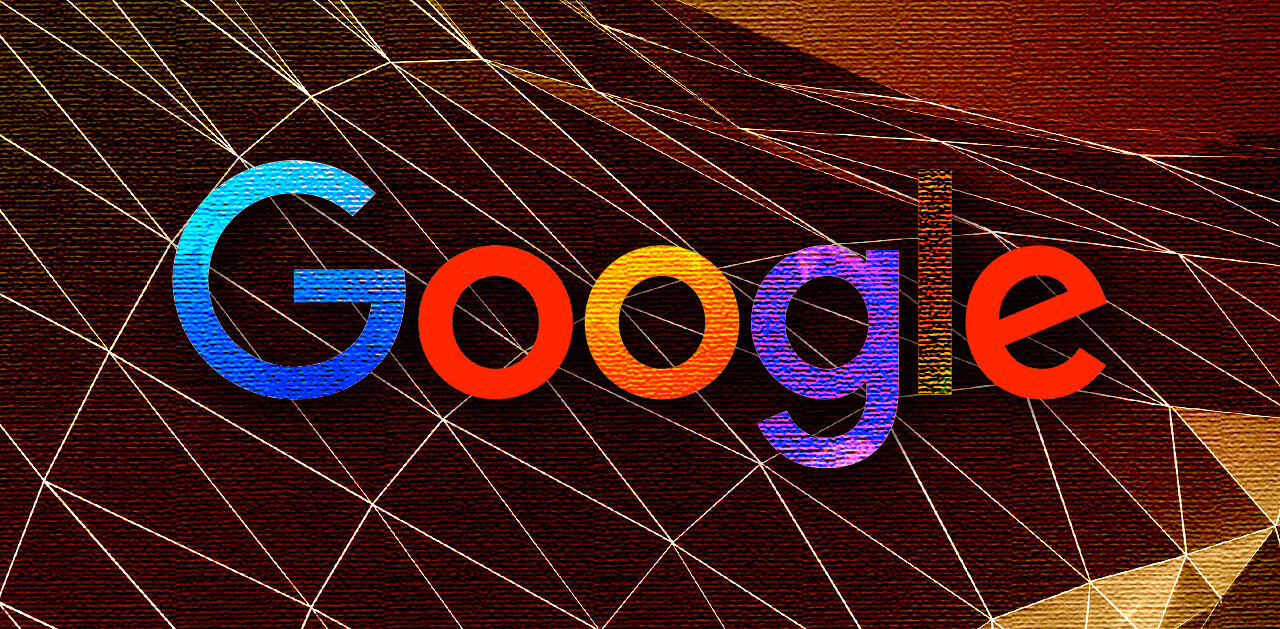
Four years ago, on Christmas Eve in my small hometown of Yakutsk, the temperature fell down to freezing -45°C and all the local taxi services simultaneously doubled their prices — leaving loads of people stranded in the Siberian winter.
Angry and frustrated, a bunch of students formed a public group on VK.com, a popular Russian social network, where anyone could submit a request for a ride, and those who owned cars could accept their calls for help. A year later the group had 50,000 subscribers.
A little later on, I gathered a lean team and transformed the group into a mobile app based on the same simple premise – the passenger enters the price he or she is willing to pay, while the driver accepts the order only if they agree with the tariff. That app has been growing like crazy so far — there’s already seven million users now who arrange more than six million rides a month.
The whole taxi situation made me realize where the problem lies with today’s notion of decentralization, which is actually quite centralized. The solution the students in Yakutsk came with, on the other hand, is an example of what I like to call “decentralization 2.0” — which is the new way of doing business in the world of service and platforms that require peer-to-peer (P2P) communication.
Semi-monopolies standing in the way of progress
Thanks to the rise of world wide web, many ‘ordinary workers’ with practical experience can now build their own successful businesses. Effectively the internet has liberated the society from the shackles of previously centralized systems.
However, the web has also become a surveillance tool for governments and corporations. They have expanded rapidly and gained unprecedented power to manipulate both data and customers.
A huge percentage of today’s communications flows through channels owned by a few entities, which in turn do all they can to influence these communications. Google alone comprises 25 percent of all US internet traffic right now, and has access to millions upon millions of users’ personal information. Where the internet was once seen as a tool for more societal freedom, it has come to represent the opposite.
Much the same happened to those once-small startup firms that built their success on the popularity of decentralized systems, like Uber or Airbnb. The very same companies that used to be on the very forefront of decentralization are now themselves the centralized systems they set out to destroy in the first place.
As the spiral of history completes another turn, these firms are now standing in the way of progress as opposed to driving it.
How far will Airbnb and Uber go?
Once the epitome of the P2P economy, an app enabling ordinary people to rent their homes to other ordinary people, Airbnb has become a global corporation worth more than $30 billion.
It’s now so powerful that it can decide which political parties can use its services. Take how it blocked participants of the far-right movement from making bookings in Charlottesville, for instance. While that particular movement is highly immoral and incites racial hatred, I can’t help but wonder — how far will Airbnb go?
Uber, in its turn, also still exercises significant control over the platform. It doesn’t necessarily charge you according to the route; its smart algorithms are able to figure out what you are willing to pay and charge you accordingly.
Counterintuitively, this is only possible because of a high degree of centralization: the company owns the identity of its participants, the transportation logistics, the payment mechanisms, the pricing, and the rules that govern the marketplace.
The rise of decentralization 2.0
The shortcomings of centralized P2P services have led to people losing trust in the system, and in one another.
I believe, however, that the reliability and security of new technologies could once again build trust in decentralized systems.
With the new ways, people communicate locally, helping society to develop based on the foundation of community and equality.
In the United States, a P2P service called Arcade City, which started as a Facebook group, came about after Uber was banned from operating in the city of Austin, Texas. The service’s drivers rely on blockchain to organize themselves into teams to refer passengers to each other and coordinate their efforts.
As for Airbnb rivals, there are plenty of P2P home exchange platforms springing up across the globe, such as GuestToGuest, LoveHomeSwap, and Knok. These services allow people to swap homes during vacations with people traveling to their city around the same time.
True decentralization is fast approaching. Before long, we will see it in public administration, finance, real estate, insurance, transportation, and other key areas — often enabled by the blockchain technology. Its purpose is not to destroy centralized systems, but to create extra relationships on top of them. While maintaining the advantages of conventional platforms, decentralization 2.0 will reduce people’s dependence on mediators.
If you are thinking of launching a startup that is essentially about bringing people together, decentralized services is how it should be done.
Society’s growing demand for decentralization will help startups built on these systems rise above the power and influence of today’s Ubers and Airbnbs.
Finding this balance with centralized structures will support transparency, freedom, and speed, along with offering people more liberty to choose how they live their lives.
Get the TNW newsletter
Get the most important tech news in your inbox each week.




